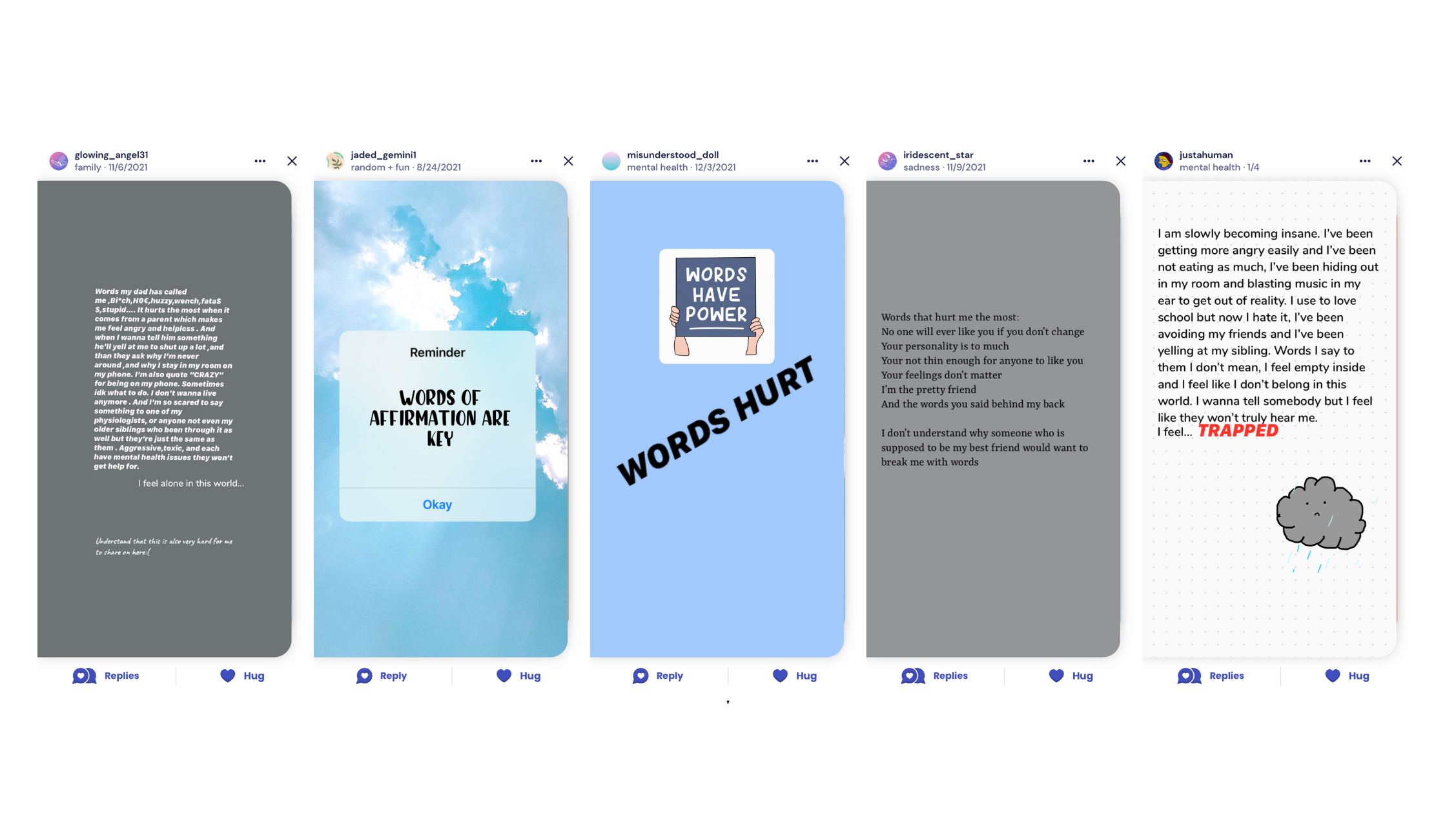Words to use (and avoid!) when talking about Mental Health
If you're reading this, chances are you're looking for some mental health support. 💭 And let's be real, who isn't these days? 🤷♀️ With everything going on in the world, it's more important than ever to take care of our mental well-being. 🌻
One way to take care of ourselves is by using the right words when talking about our mental health. 🗣 The right words can help us feel heard and understood, while the wrong words can leave us feeling dismissed or judged. To help you up-level your language around mental health, here are 7 words you should use and some you should avoid.
Words to Use:
Support - This word is key when talking about mental health. Whether it's seeking support from a therapist, a friend, or a support group, it's important to know that you're not alone in your journey. 🙌
Cope - Life can be tough, and sometimes we just need to find ways to cope with our feelings and emotions. 💪 This word reminds us that we can handle the challenges that come our way.
Mental health - This term is a broad one that encompasses a wide range of feelings and emotions. It's important to use this term instead of focusing on specific clinical mental health issues. 💭
Listen - Sometimes all we need is someone to listen to us without judgment. 🤗 This word is a reminder that active listening is a crucial part of mental health support.
Feeling - This word allows us to express our emotions in a way that is specific and personal. 💬 Instead of saying "I'm sad," we can say "I'm feeling sad."
Self-care - This term is all about taking care of ourselves, both physically and mentally. 🛁 It's a reminder that we need to make time for ourselves in order to feel our best.
Triggered - This word is useful when describing a specific event or situation that causes a negative emotional response. 💔 It's important to use this word in order to communicate what's going on and to seek support.
Words to Avoid:
Crazy - This word is hurtful and stigmatizing. It implies that there's something wrong with someone just because they're struggling with their mental health. 🚫
Weak - Mental health struggles are not a sign of weakness. They are a sign of strength, as it takes a lot of courage to seek help. 💪
Should - This word is not only unhelpful, but it can also be harmful. Instead of saying "I should be over this by now," try saying "I'm doing the best I can." 🙅♀️
Fine - This word is often used to brush off someone's concerns, instead, use words that express your true feelings and allow people to understand where you are coming from. 😞
Stressed - You don’t have to necessarily avoid this word, but it does help to dig a level deeper to figure out what is making you stressed or question if “stress” is another feeling altogether; e.g. this word is often used to describe feelings of anxiety and depression. Not sure why you’re stressed? Talk to someone about it! Whether a parent, friend or trained counselor– processing what you’re feeling out loud can bring so much clarity for your mental health. 💭
The words we use when talking about our mental health can make a big difference on how we feel and how we're perceived. By using words like support, cope, and mental health, we can communicate our needs in a way that is empowering and respectful. 💬 And by avoiding words like crazy, weak, and stressed, we can break down the stigma surrounding mental health and create a more supportive and understanding world. 🌎Remember, you're not alone, and it's okay to not be okay. Keep talking, keep practicing self-care, and most importantly, don't forget to listen to others when they need it.

